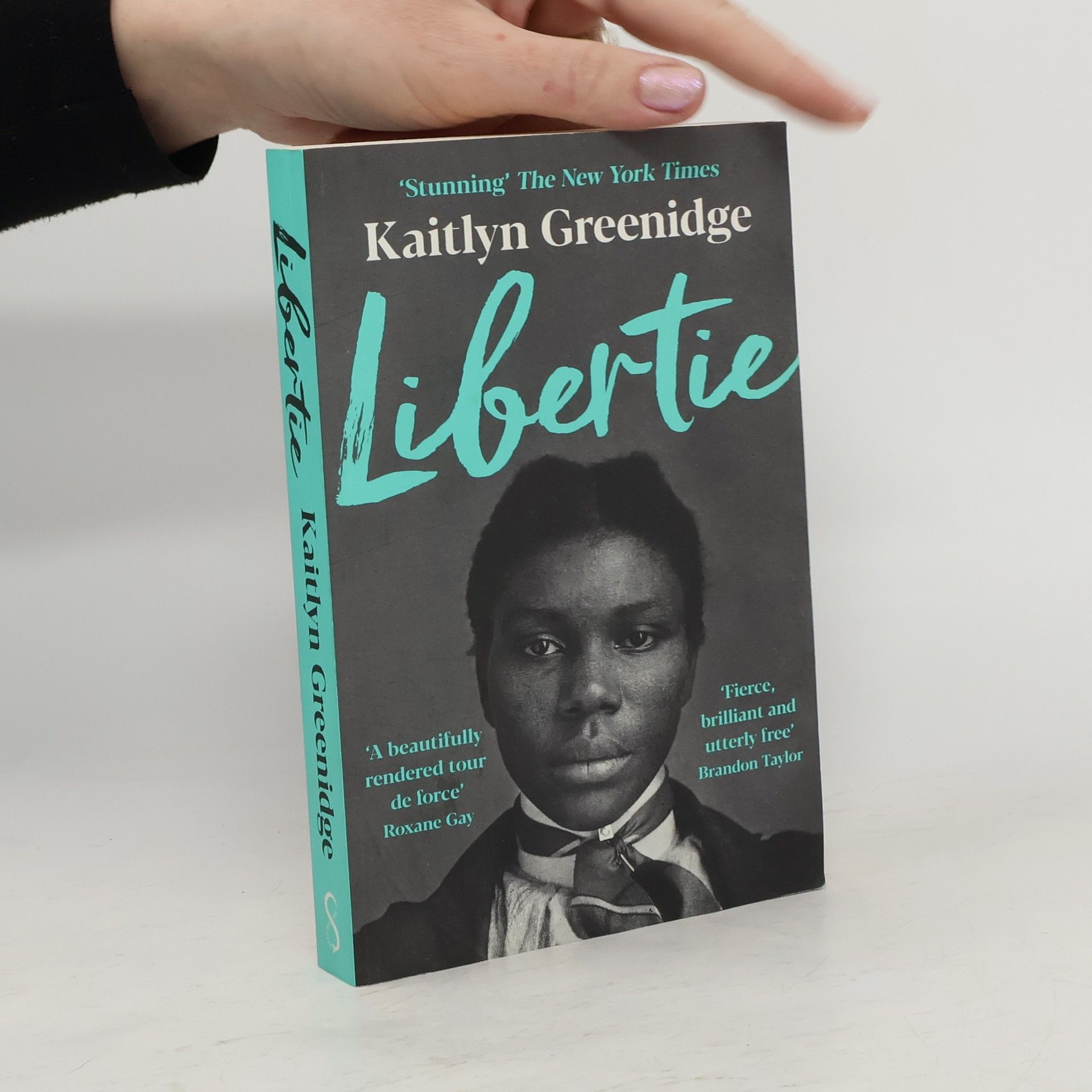Libertie
- 336pages
- 12 heures de lecture
From the critically acclaimed and Whiting Award-winning author of We Love You, Charlie Freeman comes a book about what freedom actually means - and where to find it.
Kaitlyn Greenidge tisse des récits qui explorent les complexités des liens familiaux et des identités culturelles, souvent à travers des personnages aux multiples facettes qui naviguent dans leur passé. Son écriture se caractérise par une prose lyrique et une profonde perspicacité psychologique, entraînant les lecteurs dans les mondes intimes de ses personnages. Greenidge explore les thèmes de l'héritage, de l'appartenance et de la recherche de sa place dans le monde. Sa maîtrise de la narration offre une expérience de lecture immersive et stimulante.

From the critically acclaimed and Whiting Award-winning author of We Love You, Charlie Freeman comes a book about what freedom actually means - and where to find it.